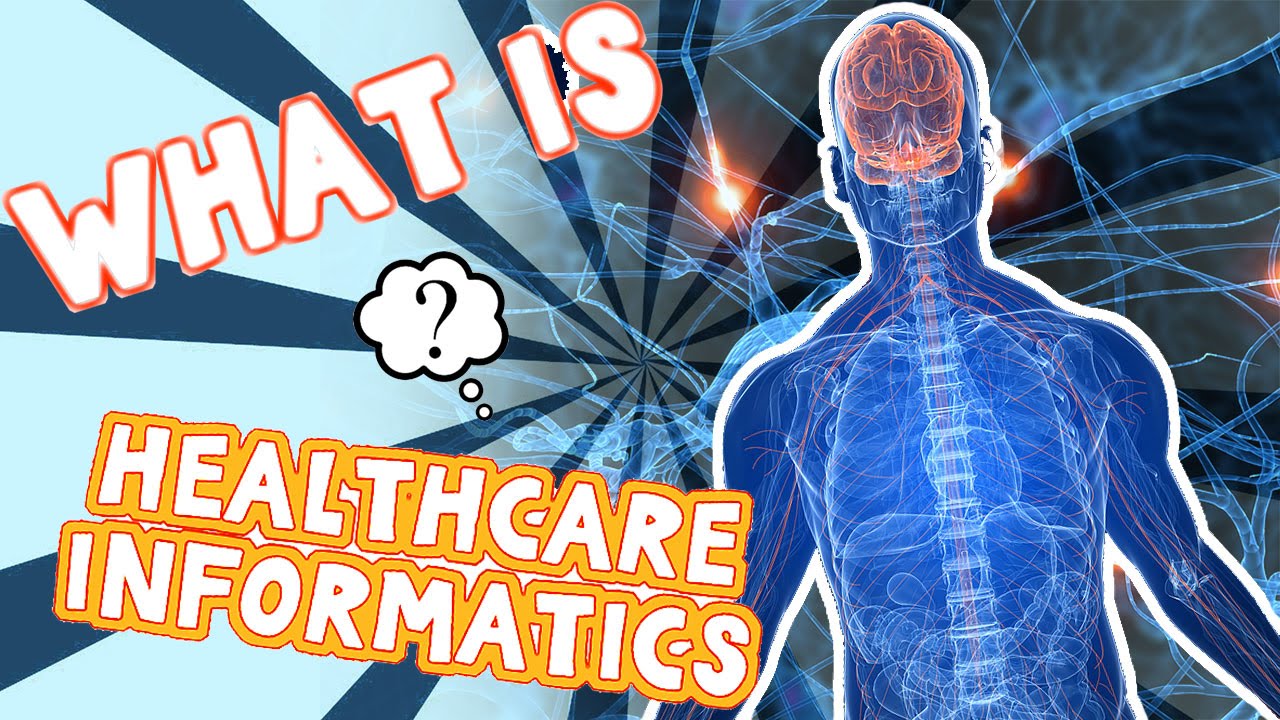There’s been a lot of fear mongering about the cost of Bernie Sanders’s health care plan. Time to set the record straight. Cenk Uygur, host of the The Young Turks, breaks it down. Tell us what you think in the comment section below.
"Single-payer national health insurance, also known as “Medicare for all,” is a system in which a single public or quasi-public agency organizes health care financing, but the delivery of care remains largely in private hands. Under a single-payer system, all residents of the U.S. would be covered for all medically necessary services, including doctor, hospital, preventive, long-term care, mental health, reproductive health care, dental, vision, prescription drug and medical supply costs.
The program would be funded by the savings obtained from replacing today’s inefficient, profit-oriented, multiple insurance payers with a single streamlined, nonprofit, public payer, and by modest new taxes based on ability to pay. Premiums would disappear; 95 percent of all households would save money. Patients would no longer face financial barriers to care such as co-pays and deductibles, and would regain free choice of doctor and hospital. Doctors would regain autonomy over patient care.”*
Read more here: http://www.pnhp.org/facts/what-is-single-payer
***
Download audio and video of the full two hour show on-demand + the members-only post game show by becoming a member at http://www.tytnetwork.com/join/. Your membership supports the day to day operations and is vital for our continued success and growth.
Get The Young Turks Mobile App Today!
Download the iOS version here: https://itunes.apple.com/us/app/the-young-turks/id412793195?ls=1&mt=8
Download the Android version here: https://play.google.com/store/apps/details?id=com.tyt

